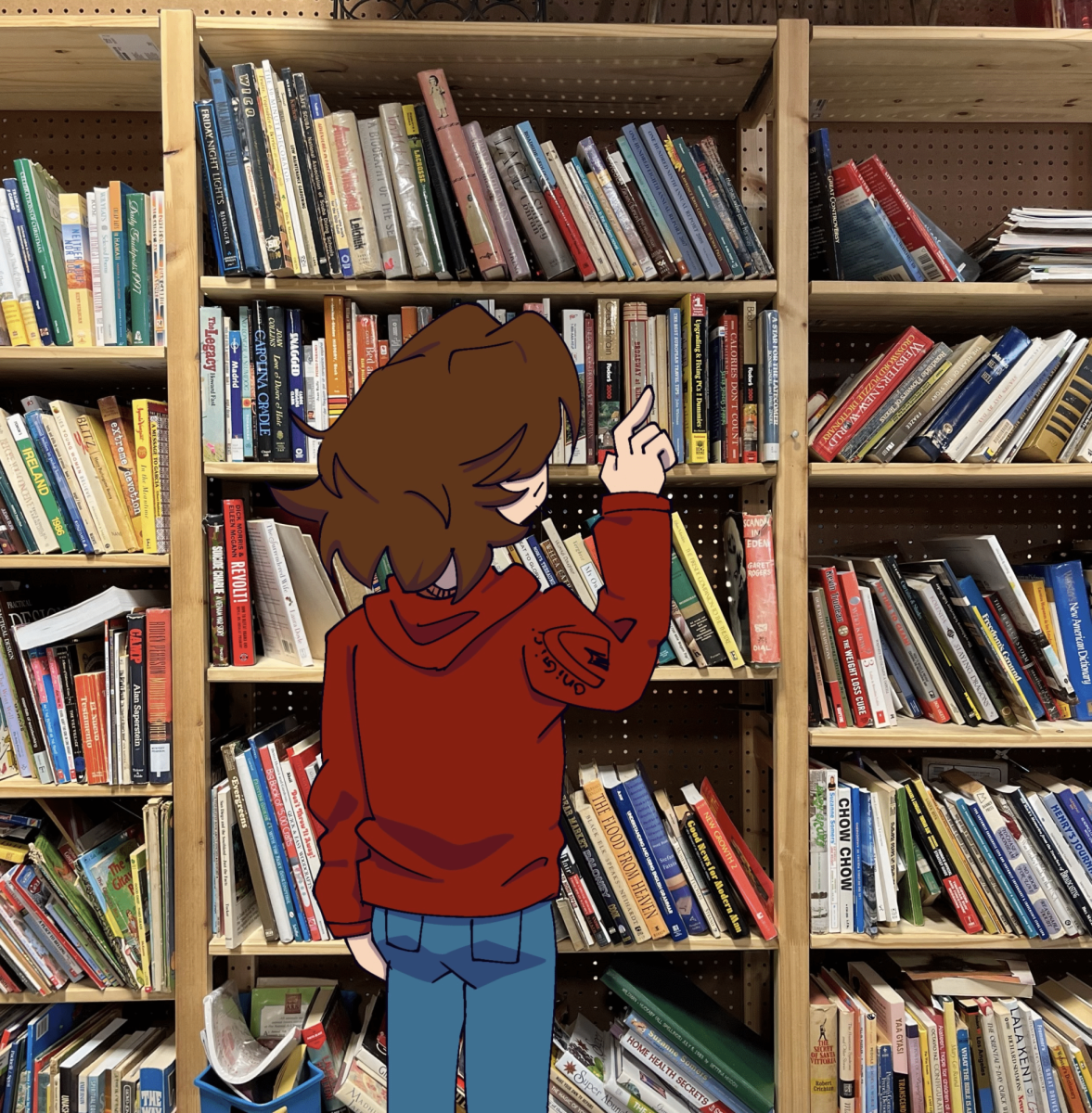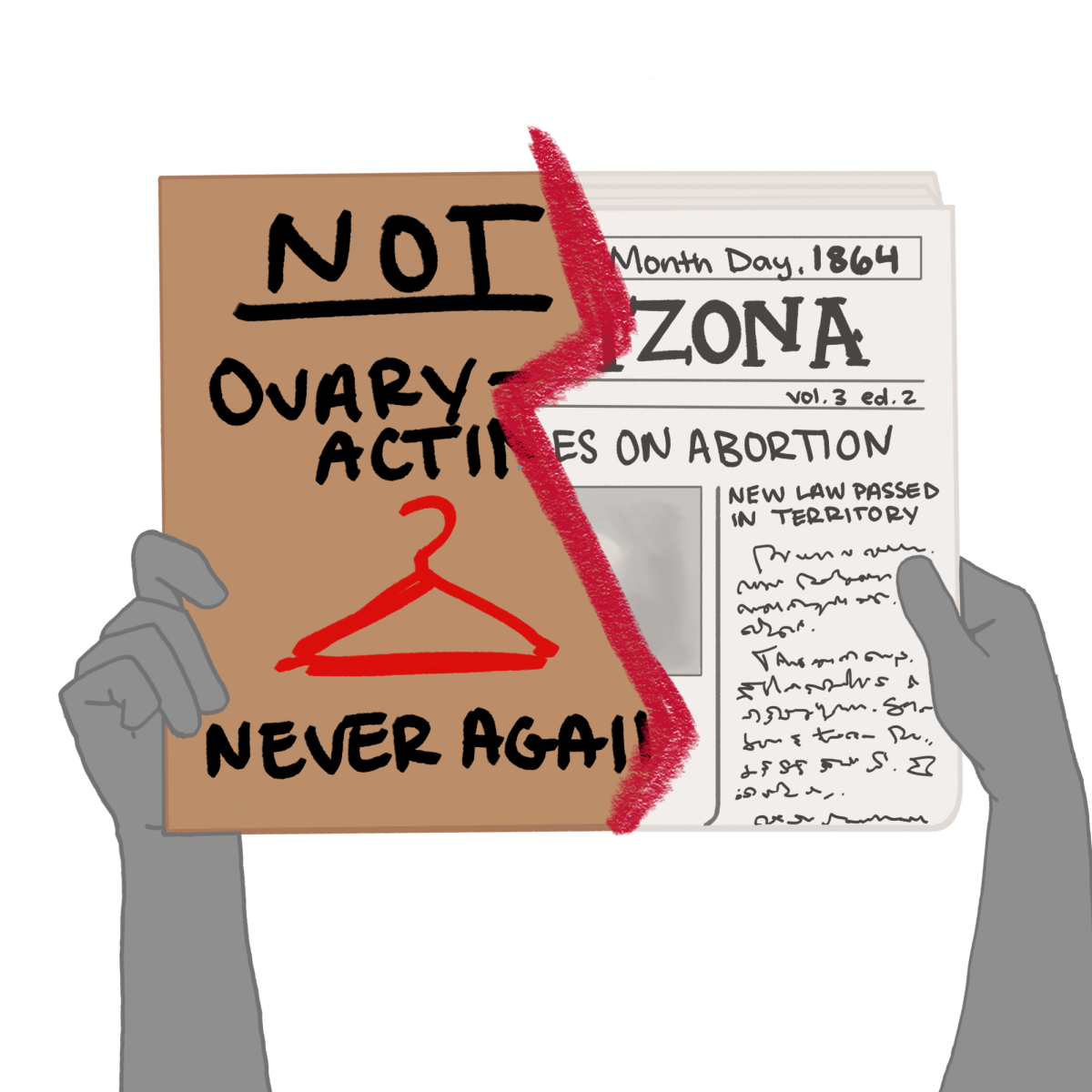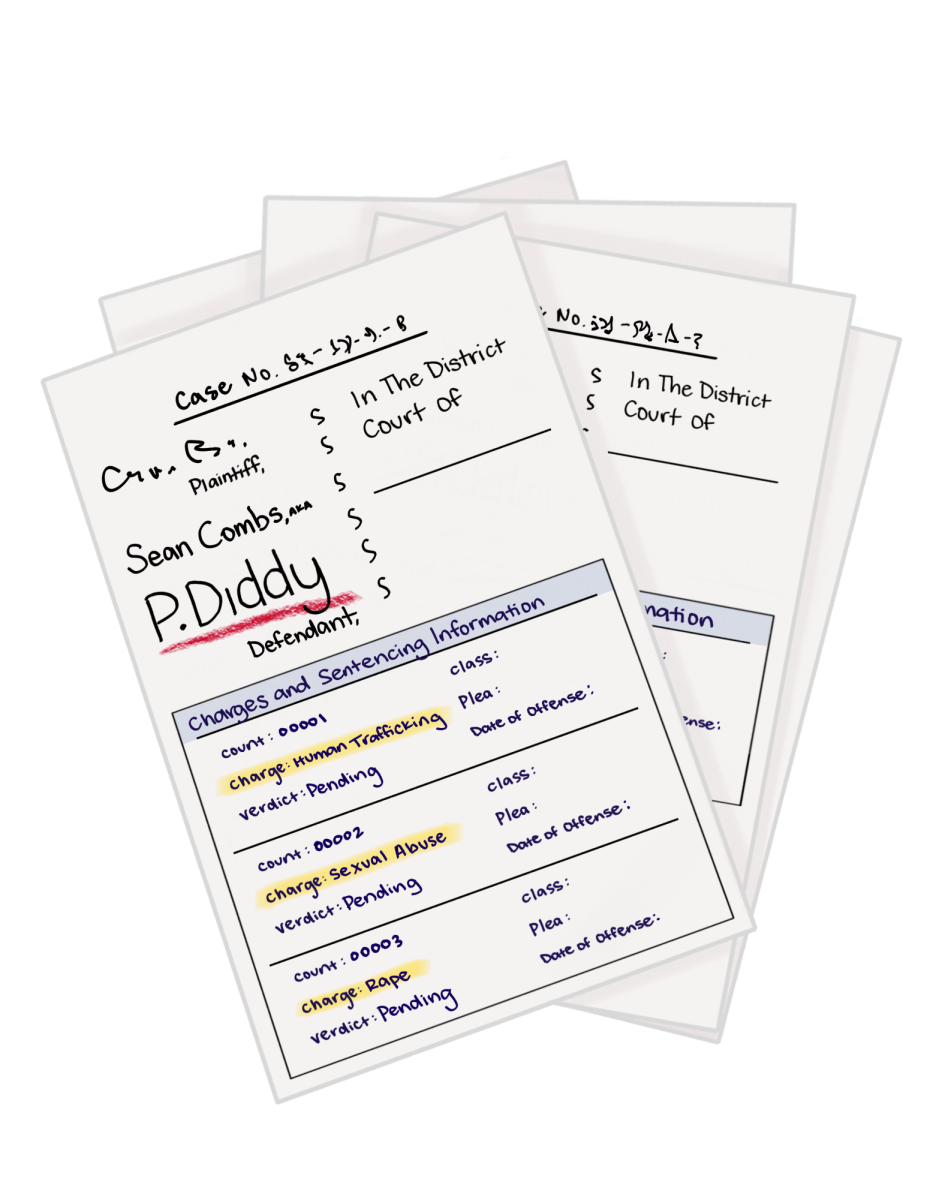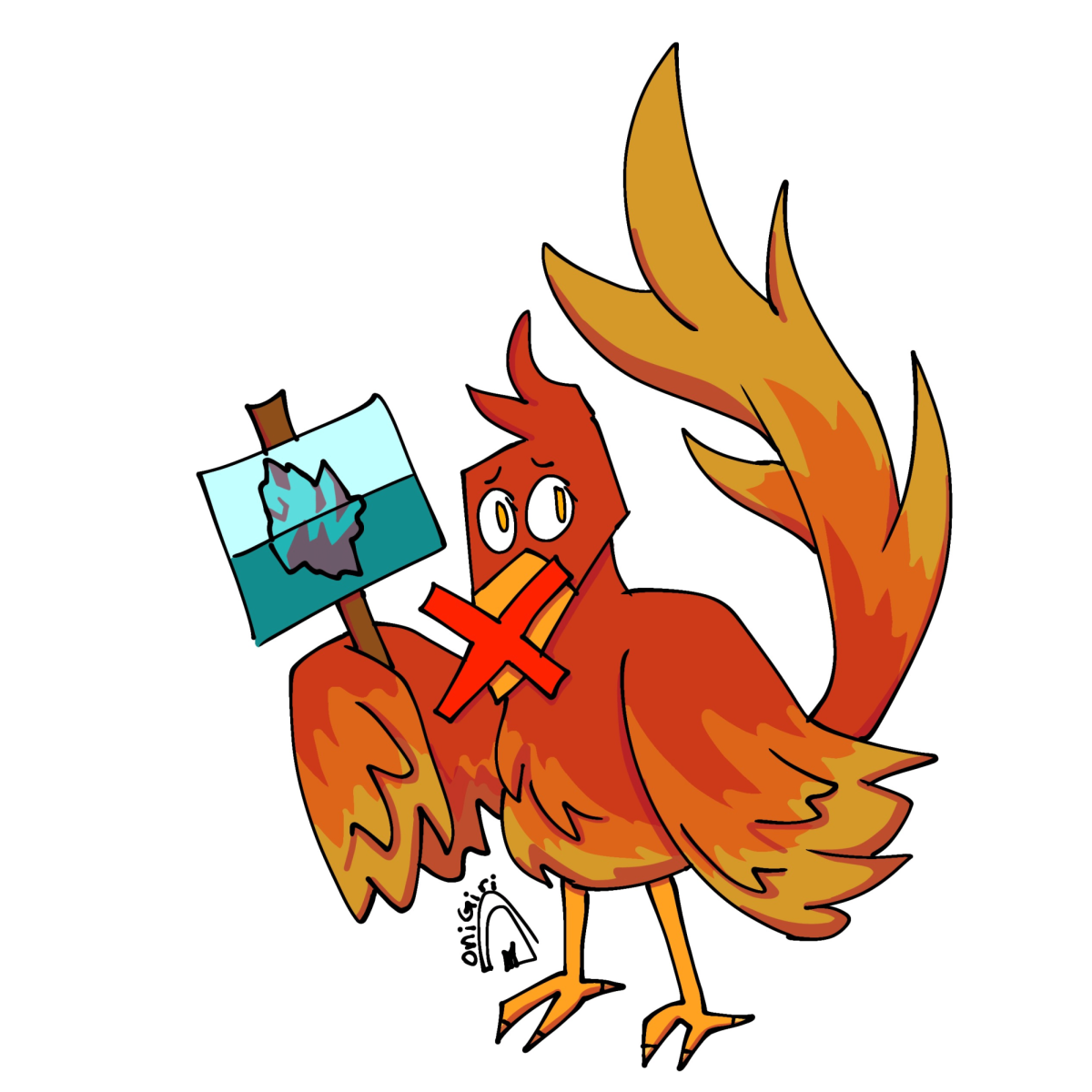Over the past 40 years, I have watched and listened with dismay as the augmentative “-er” has been displaced by the work-around “more + adjective.” For example, the augmentative of “clear” is “clearer,” but it is now common to hear “more clear.” Oh, how that grates on my ear! Circa 1970, I recall a TV commercial for margarine used “more” rather than the simpler “-er” solution. It struck me at first as a malapropism, a desire to advertise by calling our attention to such an obvious and noxious gaffe. But nobody else seemed to mind. In fact, after that, the trend seemed to accelerate on TV (in TV shows as well as commercials ) and in common speech. I hear UTSA students say it all the time now.
Even more alarming has been the mixing of the two forms in one breath, as in “more clearer” (sic). Hard to say whether this is linguistic transition or confusion. Perhaps some speakers believe that “more” added to anything simply intensifies their meaning, even if the sentence already contains an augmentative. One would think that parental correction of “more better” (sic) spoken by young children would be enough for them to generalize to all such barbarous constructions and drop the “more,” but no. It gives me shivers that a college student, an educated person among his or her peers, could speak this way let alone write this way.
Is using “more + adjective” incorrect? Well, no. Not when adding “-er” would make the word cumbersome. That’s what I learned in English grammar class in grammar school (one reason it was called grammar school to begin with back then). We wouldn’t say “cumbersomer” (sic), for example. The rule is simple. One syllable adjectives augment with “-er.” Two syllable words generally add “-er” unless the result is awkward. How hard is that?
Apparently English speakers in America spontaneously and unconsciously recognize a standardizing pattern in “more + adjective” and after all, linguistic change is inevitable when the masses speak, even if it sounds like George Orwell’s “Newspeak.” Alas, the two forms now coexist. We understand the person who says “simpler,” “harder,” “greener,” but how long can these last with the “more + adjective” daily assault? How long will it be before the next sequel to the films “Dumb and Dumber” and “Dumb and Dumberer” (sic) will be “Dumb and More Dumb”? (Not the best choice of films, but you get the idea.)
And don’t get me started on the ubiquitous “two times” instead of “twice”, saying “Have a nice day,” when it’s night, and the dehumanizing use of “which” for persons in clauses instead of “who,” as well as referring to a child as “it.”











